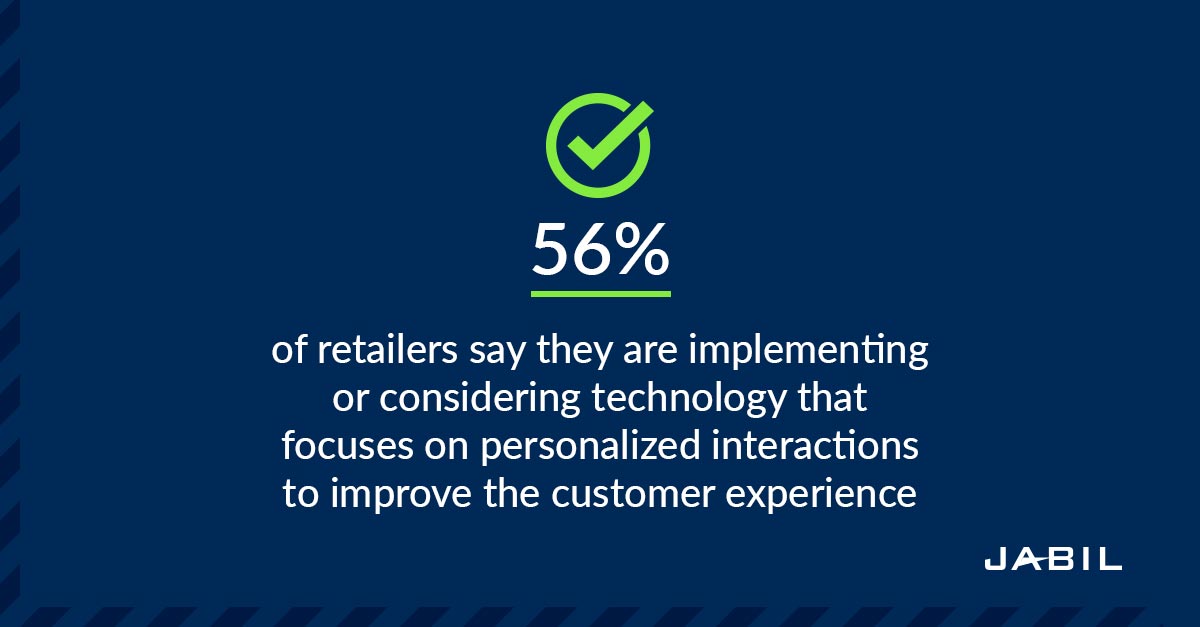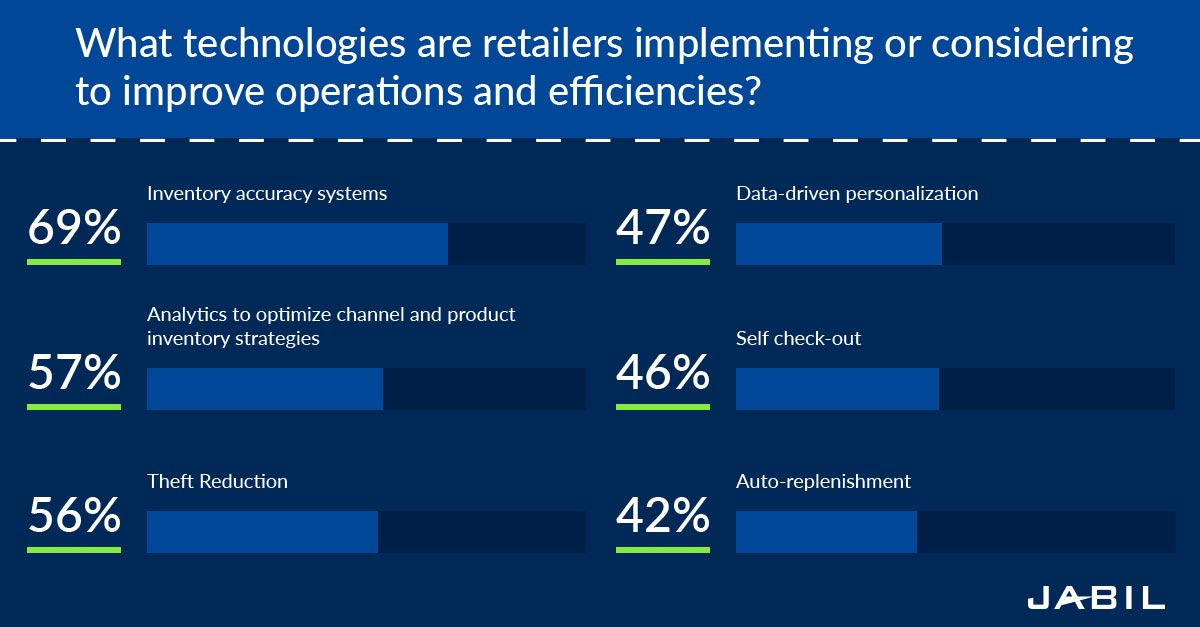Vending Machines are Getting a Smart Upgrade

This isn’t your parents’ vending machine. Heck, this isn’t the vending machine that spewed out cans of carbonated caffeine for sleep-deprived high school students just 10 years ago. The entire depository system for salty snacks, candy bars, and lukewarm soda has undergone a drastic transformation in the past few years. Like almost everything else in our Internet of Things-driven world, smart vending machines are next. They are evolving; intelligent vending machines are becoming key to the future of automated retailing.
The smart vending machines market will be growing at a CAGR of over 34 percent from 2018 to 2022, translating into $11.48 billion of incremental growth, according to research from Technavio. The new payment technologies that offer users easier and faster methods of payment through credit cards or phones will drive the popularity of vending. In addition, the ability to retrofit current machines with modern technological capabilities will aid the transition to intelligent vending.
Vending machines are growing in terms of accessibility, product types, and capabilities. The refrigerator-sized machine is no longer relegated to hallway recesses and fluorescent-lit waiting rooms. Instead, intelligent vending machines are being drafted into the revolution of retail.
Vending Machines Will Automate the Sales Process
A prominent theme in the modern retail landscape is moving into automated retailing, allowing each customer to receive a personalized experience with minimal human interaction. In Jabil’s 2018 Future of Retail Technology survey, one of the most significant ways that retail decision-makers predicted that technology could improve the customer experience was through personalized interactions. Download Jabil's Future of Retail Technology Report.

Already, the popularity of this concept can be seen in the increasing installation of self-checkouts and click-and-collect, where customers make their purchases online, then drive to an established pick-up location to complete the sales process without the vexations of a traditional retail experience. Smart vending machines may come to play a key role in this transformation by providing a new way to deliver the product to customers that incorporates a physical presence with online-level convenience.
Jabil survey respondents indicated a strong inclination toward investing in both online and in-store technology; 60 percent said that they are investing in online and in-store as an integrated, omni-channel solution. Vending machines allow online stores to create a physical presence without the cost of investing in a brick-and-mortar, thus providing a unique opportunity for omni-channel solutions.
Finally, 38 percent of retail decision makers indicated that they would be interested in implementing a boutique showcase within existing store locations. Within and outside of the retail environment, this is essentially what vending machines will become: a condensed, always accessible store. Smart vending machines offer a hassle-free way for stores to shift from a traditional retail model to a product showroom. Stores may evolve to become locations that offer the customer an experience rather than being simply a location for the physical handling and exchange of goods.
Smart vending machines offer a hassle-free way for stores to shift from a traditional retail model to a product showroom.
In turn, this more automated business model transforms the employees’ role. Sales clerks become product consultants, available to answer specific questions about the products and assist customers with various issues. Although vending machines aren’t utilized, Apple’s store model already demonstrates this shift in employee roles. Rather than hiring salespeople, Apple provides their customer experts with extensive knowledge of the products. This will allow businesses to cut spending on sales force and invest in other aspects of retail operations. Other brands and outlets are beginning to follow a similar model.
Subscribe to the Jabil Blog
Sign up for weekly updates on the latest trends, research and insight in tech, IoT and the supply chain.
Improve Retail Operations and Analytics with Smart Vending Machines
By transforming the sales process, smart vending machines will also improve operations and analytics. The current retail environment is inherently chaotic. Foot traffic rises and falls, customers shift products to incorrect shelves and inventory is difficult to track. In Jabil’s survey, 98 percent of participants saw technology as a way to improve operations and efficiency, and almost 70 percent indicated that they would like to implement technology that can provide an accurate inventory system. With intelligent vending, inventory is much easier to record, and the machine provides real-time insight into customers’ purchasing patterns.
Supplying vending machines with network connectivity allows the recording of inventory stock levels, real-time test marketing and trend tracking. Essentially, the vending machine can automatically take inventory and analyze customer preferences. With better records of sales and product movement, companies can figure out ways to increase profits. In addition, these vending machines do an excellent job conserving energy— for example, they cool beverages down at night and maintain temperatures in the daytime with airtight doors—leading to additional cost savings in a tight-margin industry.

Vending machines can also reduce theft. Last year, inventory shrinkage cost the U.S. retail industry $46.8 billion. However, stores hesitate to lock up all their products; it sends a message of distrust to their customers. Tagging items can also be expensive and not always effective. But with an intelligent vending machine, higher value items especially can be elegantly stowed away in a secure case, untouchable for shoplifters but still on full display for customers.
Vendors are utilizing different ways to recognize customers, including loyalty cards and facial recognition. This recognition capability opens the door for personalized interactions and targeted advertising based on customer purchase history or general demographics. For instance, the Luce X2 vending machine has a motion sensor that can detect when a customer is approaching and a camera that can recognize the person. The machine then presents a personalized menu based on customers’ purchase history and will also prevent them from buying restricted items (such as a minor attempting to buy cigarettes).
Brand loyalty is paramount to the success of a company and will be increasingly important in vending; 15 percent of a retailer’s most loyal customers make up 55 to 70 percent of that company’s business, according to a study by the Center for Retail Management at Northwestern University. In turn, personalization will be key to building brand loyalty. A survey from Segment shows that 44 percent of consumer say they are likely to return to a personalized experience; conversely, 71 percent of shoppers express frustration with an impersonal experience. The survey also found that personalization significantly increases the likelihood of impulse purchases that retailers benefit from and shoppers enjoy.
From Soda to Underwear: Product Options are Expanding
The versatility and general appeal of vending machines are also growing. While the product scope of vending was once limited almost entirely to quick, nutrient-deprived snacks and drinks, retailers are changing their offerings, partly in response to customer demands and partly to better display their own brand and variety of products. In some countries, legislation also dictates that machines display certain health information for each product, such as calories and fat content. This reflects the evolving tastes of consumers.
Over the past few years, there has been a noticeable change in the types of beverages people want to drink. According to a report by Grand View Research, while packaged drinks are still the fastest growing segment in the market, with the growing emphasis on healthy lifestyles, the majority demand for sugary, carbonated drinks has changed to a thirst for water, juices and milk. Vendors are changing their stock to reflect this dietary shift.
But businesses are also expanding far beyond food and beverage. Airport visitors are already familiar with the sight of a vending machine offering makeup or electronics, but this is becoming more widespread. Soap-makers, clothing retailers, bike sellers, music stores and other companies are finding vending machines a useful medium for distributing their wares. As automated retailing continues to grow in popularity, we can expect the product offerings of vending machines to expand as well. In one Asian country, the product options – and sheer number – of vending machines are already staggering.
With more than 5 million – that’s one for every 23 people – Japan currently leads the world for the highest density of vending machines. And these are no ordinary machines; Japanese vending machines peddle almost anything: artisan lattes, party decorations, flying fish soup, underwear – you name it, you can probably have it vended.
There are several theories for the popularity of Japanese vending culture, including the widespread interest in automation and the high urban population, with 93 percent of Japanese living in cities. Considering the current push toward automation and the fact that the amount of people living in urban areas is projected to grow worldwide, this may foreshadow an impending increase in global vending machine popularity.
Bring Your Products Closer to the Customer with Smart Vending Machine
Following another trend in retail, vending machines are moving the retail space closer to the customer. Fundamentally, the idea of moving products from a store into an environment where the consumer lives, works and plays has always driven vending machines. It has allowed Pepsi to operate in school hallways, Gatorade to open businesses in parks and M&Ms to energize lethargic office workers.
With the increasing deployment of technology, people have come to expect a retail experience that is tailored to their individual preferences and allows them to complete their shopping in a timely manner. They expect as little human interaction as possible and anticipate solutions that bypass the hassle of a traditional sales process. Put more succinctly, they want automated retailing. The entire industry is being more compact; instead of dragging around shopping carts, people are tapping on their phones, and instead of a brick-and-mortar, products are being sold in a box the size of a refrigerator, thanks to intelligent vending machines.
Download the Future of Retail Technology Survey Report
Insights from 312 global retailers on their technology investments, omni-channel strategies and more.